Donald Trump’s justice department was hit with legal threats and scathing outrage after authorities released a limited, heavily redacted trove of Jeffrey Epstein files in an apparent violation of the law mandating the near-complete disclosure…
Category: 2. World
-
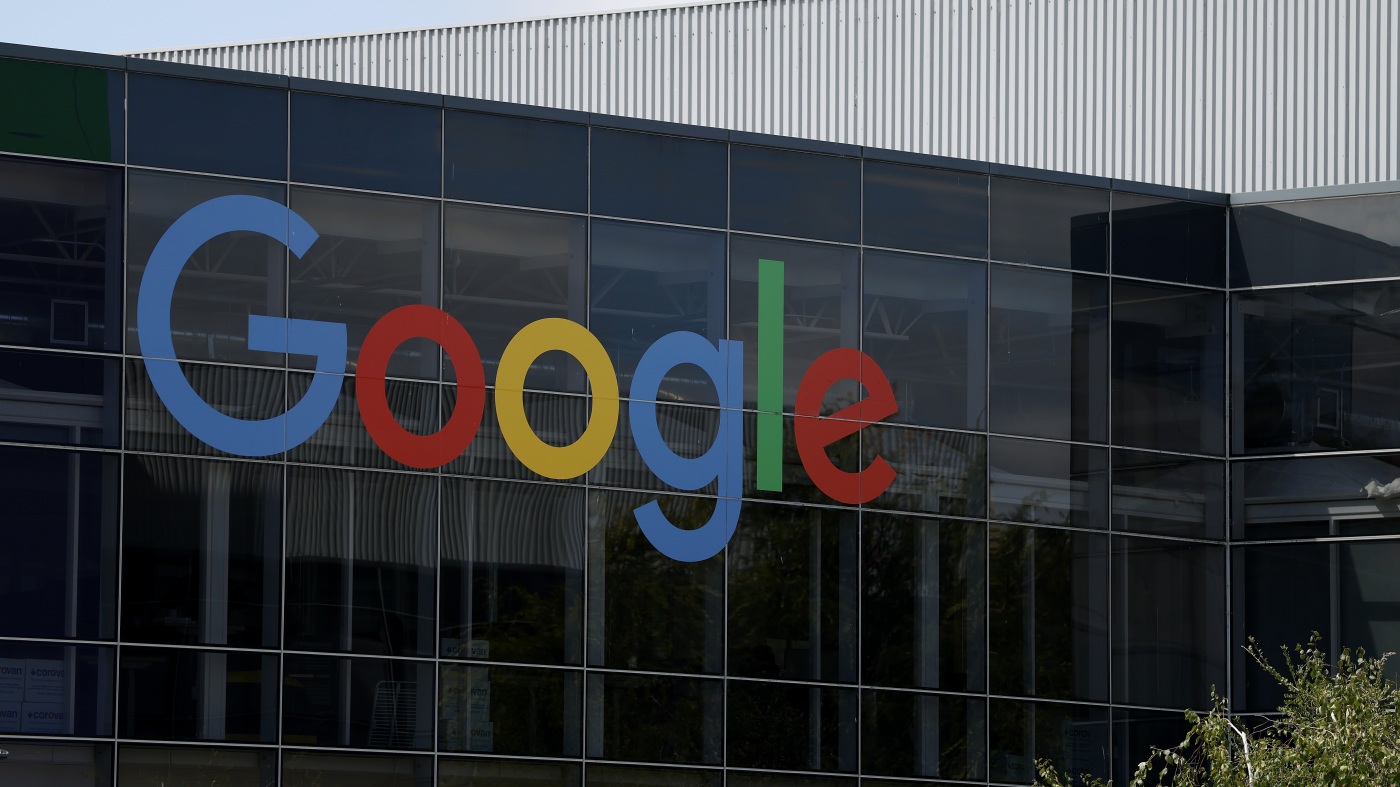
Apple, Google tell workers on visas to avoid leaving the U.S. : NPR
With reported months-long consulate and embassy delays, Google and Apple say employees on H-1B visas should stay put in the…
Continue Reading
-
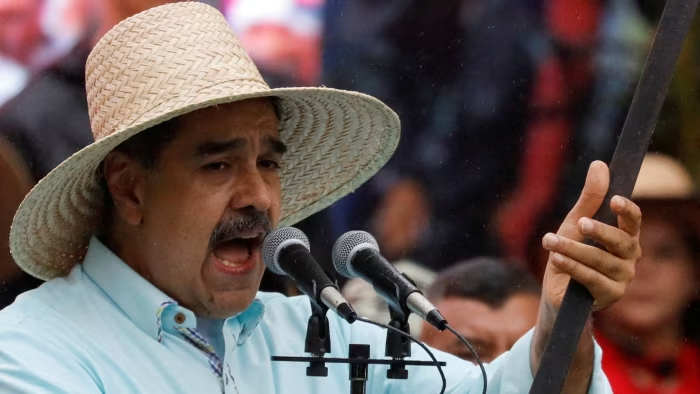
US coastguard boards tanker carrying Venezuelan oil in Caribbean
Unlock the White House Watch newsletter for free
Your guide to what Trump’s second term means for Washington, business and the world
The US coastguard intercepted and boarded a tanker transporting Venezuelan oil in the Caribbean on Saturday, as…
Continue Reading
-
Venezuelan government rejects seizure of new vessel transporting oil – Reuters
- Venezuelan government rejects seizure of new vessel transporting oil Reuters
- US seizes vessel in international waters off Venezuela’s coast, officials say BBC
- Trump orders blockade of ‘sanctioned oil tankers’ into Venezuela, ramping up pressure…
Continue Reading
-

A key piece of Port Arthur-era gun reform remains unfinished. Could it have helped prevent the Bondi attack? | Gun control
A national firearms register, which would track weapons across the country in real time, was a priority for law enforcement and gun control advocates after the 1996 Port Athur massacre.
But almost 30 years later, it remains unfinished.
The…
Continue Reading
-
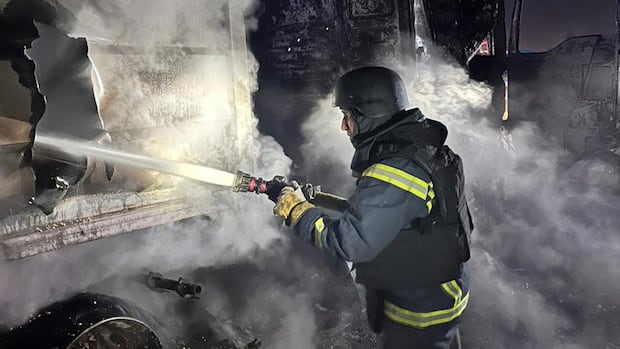
Russian strike kills 8 in Ukraine’s Odesa as Kremlin envoy heads to U.S. for truce talks
Listen to this article
Estimated 5 minutes
The audio version of this article is generated by AI-based technology. Mispronunciations can occur. We are working with our partners to continually review and improve the results.
A Russian missile strike…
Continue Reading
-
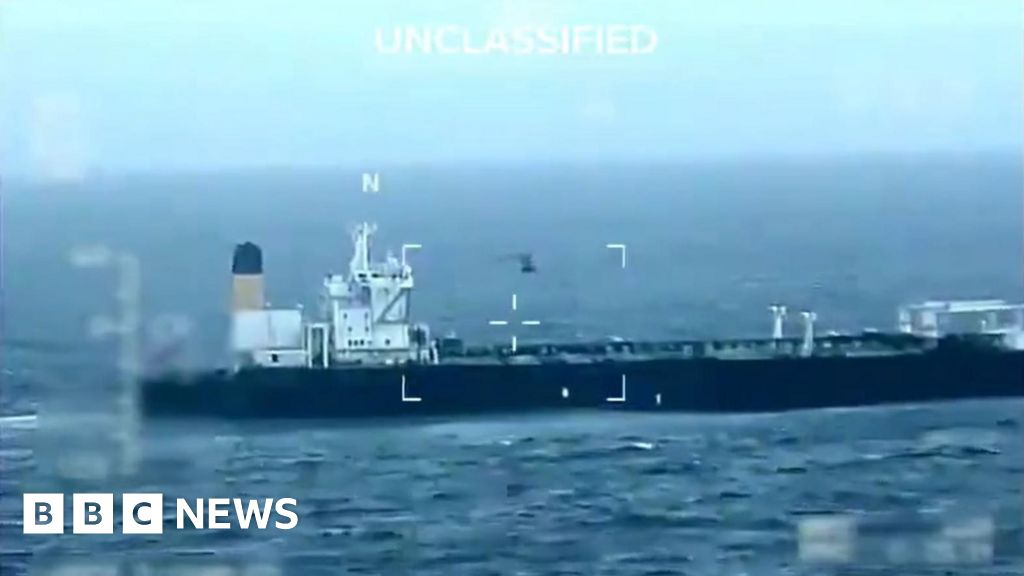
US seizes vessel in international waters off Venezuela’s coast, officials say
The US has seized an oil tanker that had recently departed from Venezuela, according to the US Department of Homeland Security.
It is the second time this month that the US has seized an oil-carrying ship off the country’s coast.
The move comes…
Continue Reading
-
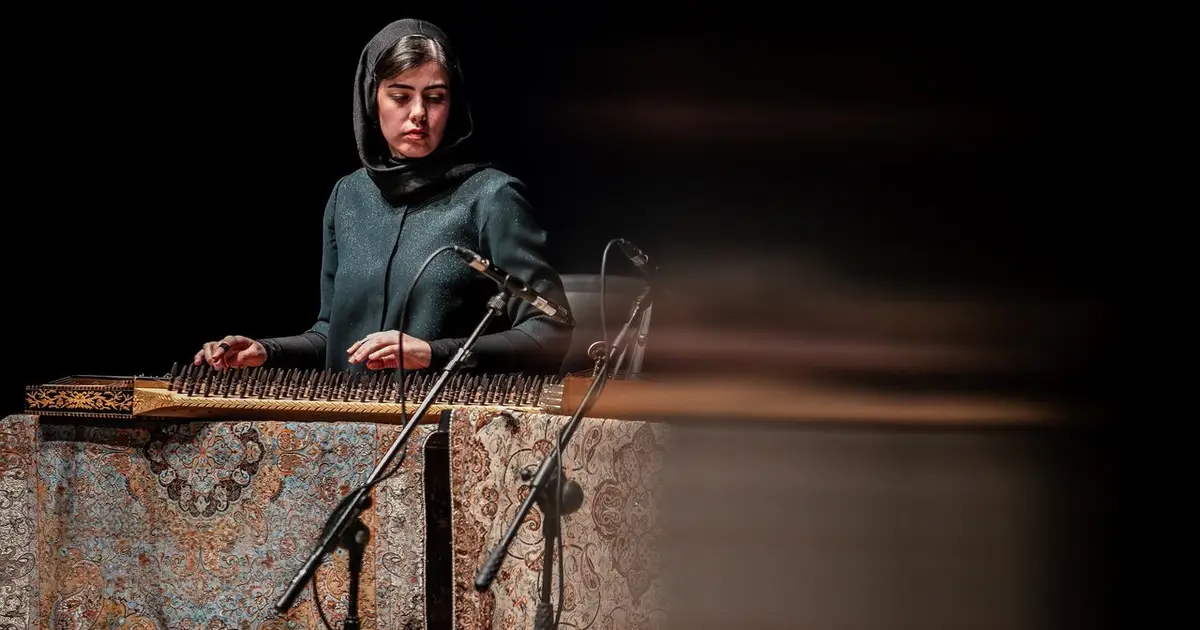
‘Let 100 flowers bloom’: what Mao, Khrushchev can tell us about Iran today
The Hamas attack, the 12-day Iran-Israel war in June and Israel’s relentless strikes on Iranian-aligned actors did not end the region’s conflicts, but they changed how states now manage them.
In place of grand diplomacy or formal pacts, a…
Continue Reading
-
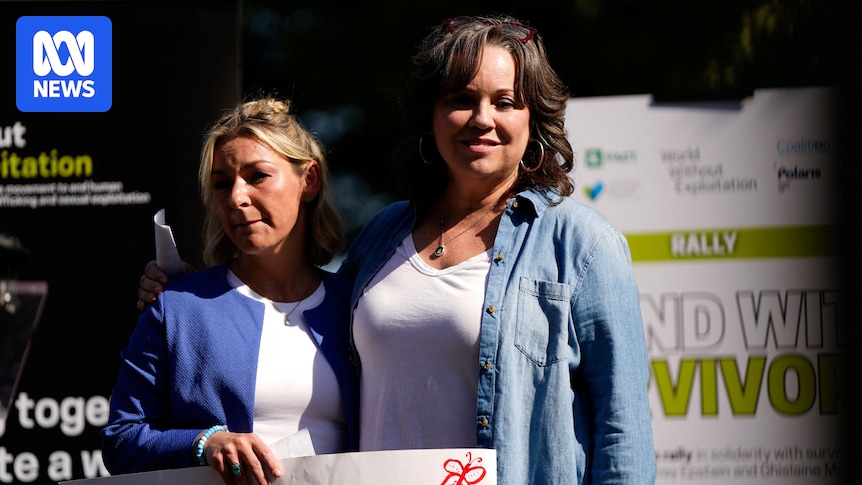
Survivors search the Jeffrey Epstein files but find no sign of their evidence
When the first wave of Epstein files appeared online, survivor Jess Michaels didn’t look for revelations — she searched for her own name.
She clicked and scrolled for hours, trawling for recognisable details of her own abuse suffered at the…
Continue Reading
-
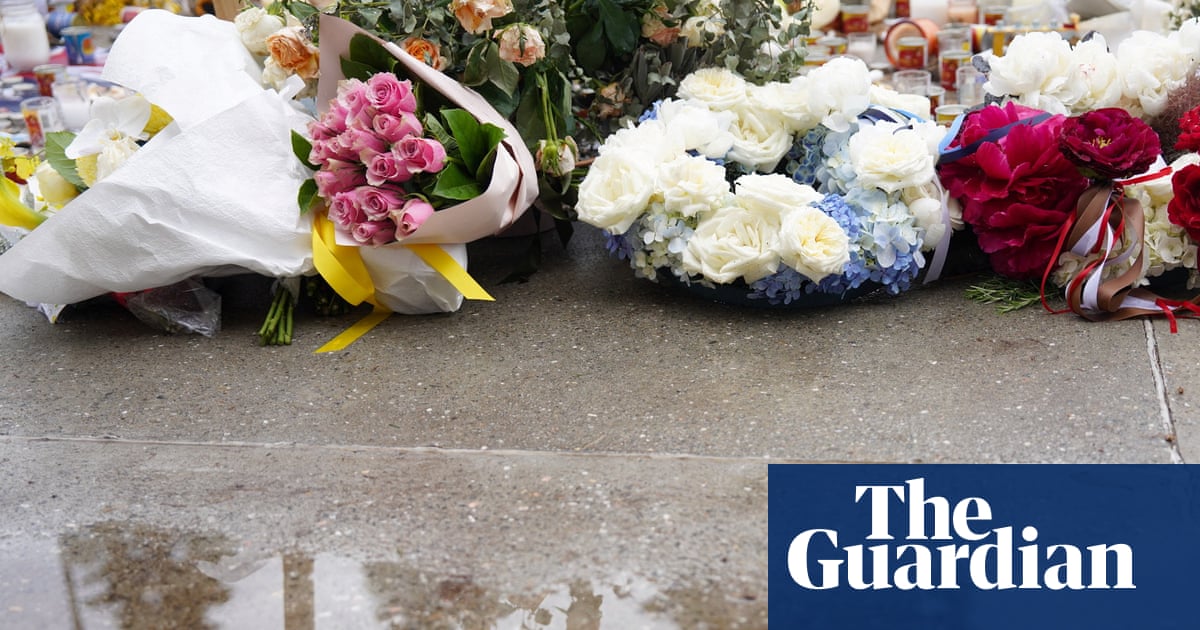
Antisemitic incidents across Australia since 2023 – timeline | Bondi beach terror attack
After last Sunday’s terror attack at Bondi beach, members of the Jewish community have accused governments of failing to heed warnings about the rise of antisemitism over the past two years.
Speaking on Monday at the floral memorial to the 15…
Continue Reading
